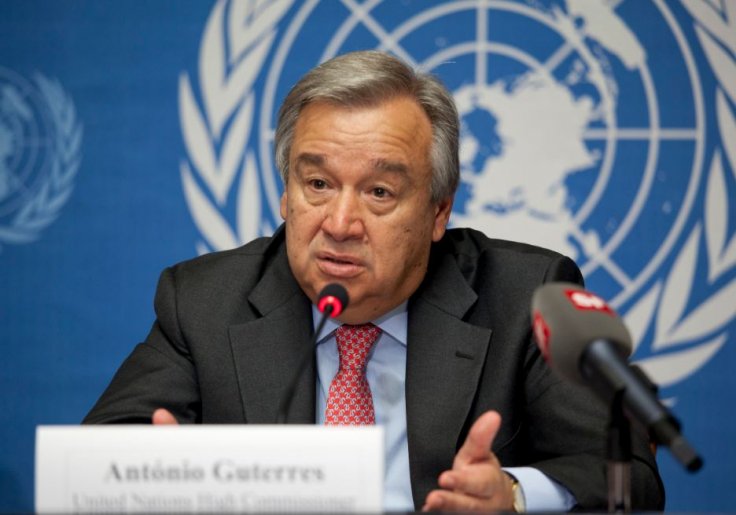Antonio Guterres, United Nations Secretary-General has called for efforts to protect the rights and health of women and girls.
"Let us act to safeguard sexual and reproductive health care, protect the health and rights of women and girls, and end gender-based violence. The (COVID-19) pandemic has made our jobs much harder, but we must prevail," Guterres said on Saturday in his message for World Population Day.
Lockdown Measures Can Disrupt Health Services To Women
The pandemic is deepening existing inequalities and vulnerabilities, particularly for women and girls, Guterres said, according to Xinhua news agency. "With many countries on lockdown and health systems struggling to cope, sexual and reproductive health services are being sidelined and gender-based violence is on the rise," he warned.
According to the UN chief, the United Nations Population Fund (UNFPA) projects that if lockdown measures continue for six months with major disruptions to health services, 47 million women in low- and middle-income countries may not be able to access modern contraceptives. "This would result in 7 million unintended pregnancies," he said. Moreover, some 31 million additional cases of gender-based violence can also be expected, the secretary-general added.

"Every year, millions of girls are subjected to practices that harm them physically and emotionally, robbing them of their right to reach their full potential," he noted. Guterres said citing UNFPA's State of World Population 2020 that more than 4 million girls will be subjected to female genital mutilation and 12 million forced to marry this year.
"Lockdowns stemming from the pandemic are expected to make matters even worse," the UN chief said. Decades of experience and research show that bottom-up, grassroots approaches can change gender-biased norms and attitudes, the top UN official said.
Pandemic Should Not Reverse Progress
Through international declarations and agreements, the international community has committed to ensuring universal access to sexual and reproductive health care; eliminating the unmet need for contraception; and ending all forms of violence against women and girls by 2030. Guterres stressed that "we cannot allow the pandemic to reverse progress we have made towards these goals."
World Population Day is an annual event, observed on July 11 every year, which seeks to raise awareness of global population issues. The event was established by the Governing Council of the United Nations Development Programme in 1989.
It was inspired by the public interest in Five Billion Day on July 11, 1987, the approximate date on which the world's population reached 5 billion people. World Population Day aims to increase people's awareness on various population issues such as the importance of family planning, gender equality, poverty, maternal health and human rights.
(With inputs from agencies)









